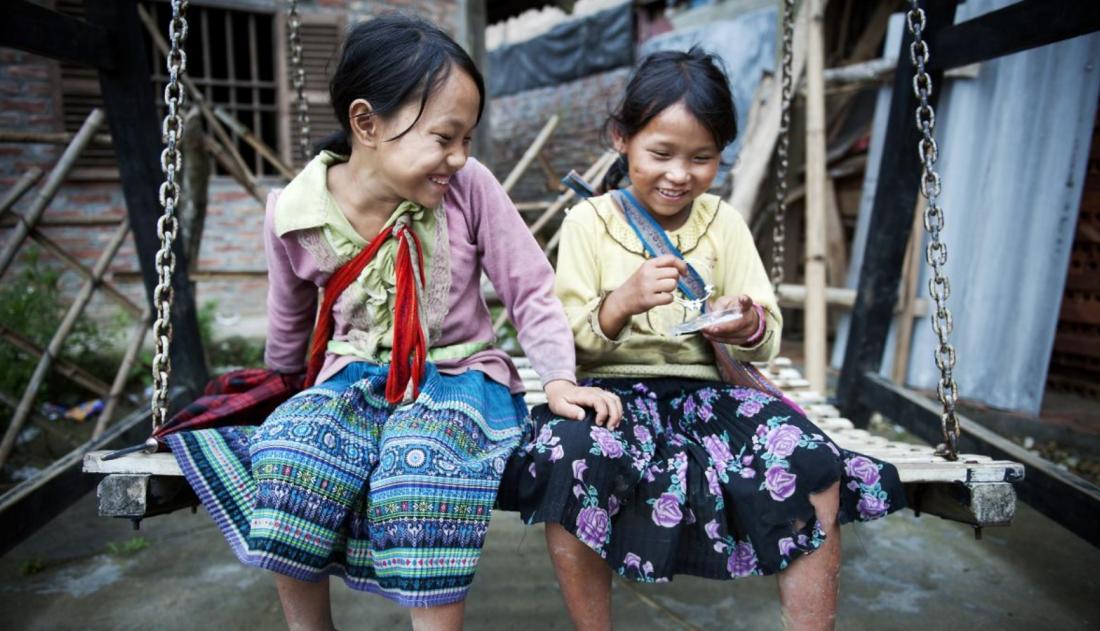
As the international community prepares for the Second World Summit for Social Development this November in Doha, global attention is turning once again to a bold vision of human well-being first championed in 1995. Thirty years after the historic Copenhagen Summit, Member States are being called upon to reclaim and revitalize the integrated, people-centred approach to development that placed dignity, inclusion, and equality at the heart of global policy.
The 1995 World Summit for Social Development was a turning point in the UN’s history. In the aftermath of the Cold War and amid growing dissatisfaction with the social consequences of neoliberal economic reforms, 117 heads of state and government gathered in Copenhagen to make ten ambitious commitments, including the eradication of poverty, the promotion of full employment, and the fostering of social integration. The Summit boldly declared that economic, social, and environmental progress are mutually reinforcing, setting the stage for a broader understanding of development rooted in human rights and social justice.
In the years since, the legacy of Copenhagen has profoundly influenced global development discourse, echoing strongly in the 2030 Agenda for Sustainable Development. With its rallying cry to “leave no one behind,” the 2030 Agenda reaffirmed the centrality of inclusive and equitable development—while also highlighting the ongoing challenges of inequality, fragmentation, and social exclusion.
Yet despite this progress, much of the original spirit of Copenhagen has been diluted. Efforts to address poverty, employment, and inclusion have often been pursued in isolation, without the coherence and long-term vision needed to address root causes. Fragmented approaches have fallen short in responding to the complex, interconnected crises of today—from rising economic insecurity and inequality to eroding trust and social cohesion.
The upcoming Summit in Doha—occurring as the UN marks its 80th anniversary—offers a pivotal opportunity to correct course. It invites world leaders to reaffirm the foundational values of the Copenhagen Declaration and renew their commitment to integrated social development that is both ambitious and achievable. By aligning macroeconomic policies with social objectives, deepening investment in essential public services, and ensuring policy coherence across sectors, the 2025 Summit aims to chart a practical path forward for accelerating social progress for all.
More than just a commemoration, the Second World Summit for Social Development is a call to action: to place people at the centre of policy once more, and to shape a future in which dignity, inclusion, and solidarity are not just ideals—but global realities.
Read more by downloading the UN DESA's full policy brief, "From the First to the Second World Summit for Social Development: reclaiming a broad vision of social progress".
 Welcome to the United Nations
Welcome to the United Nations


